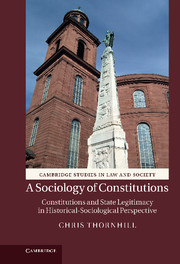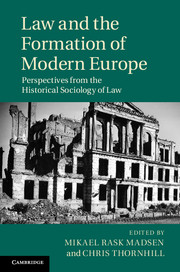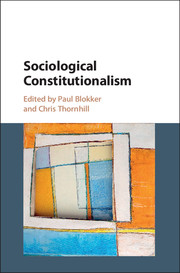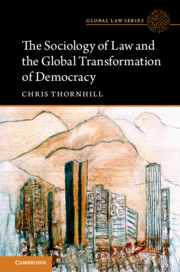A Sociology of Transnational Constitutions
This volume focuses on the rise of transnational constitutional laws, primarily created by the interaction between national and international courts, and by the domestic transformation of international law. Through detailed analysis of patterns of institutional formation at key historical junctures in a number of national societies, it examines the social processes that have locked national states into an increasingly transnational constitutional order, and it explains how the growth of global constitutional norms has provided a stabilizing framework for the functions of state institutions. The book adopts a distinctive historical-sociological approach to these questions, examining the deep continuities between national constitutional law and contemporary models of global law. The volume makes an important contribution to the sociology of constitutional law, to the sociology of post-national legal processes, and to the sociology of human rights law. This title is also available as Open Access.
- Explains the deep-lying social foundations of transnational law
- Develops a new historical-sociological method for analyzing transnational norms
- Combines methods derived from legal analysis, legal sociology and political sociology
- This title is also available as Open Access
Reviews & endorsements
'Using a historical-sociological approach, Thornhill examines the social processes that have locked national states into an increasingly transnational constitutional order. He finds that the growth of global constitutional norms has provided a stabilizing framework for the functions of state institutions.' Law and Social Inquiry
'A Sociology of Transnational Constitutions is the second instalment of a trilogy which makes up one of the most ambitious (in terms of scope and width) and challenging (in terms of innovative reconstruction) research programmes in contemporary constitutional theory. It is an impressive work which matches the level of depth and complexity of other important contemporary projects of constitutional theory like those, for example, of Gunther Teubner, Bruce Ackerman, and Martin Loughlin. … it will be impossible, in the future, to do constitutional theory without engaging with Thornhill's remarkable achievements.' Marco Goldoni, Journal of Law and Society
'Mining from rich comparative research, Thornhill shows how national law has been checked by jurisprudence invoking international law.' Hugues Rabault, Droit et Société
Product details
October 2019Paperback
9781108455992
534 pages
230 × 150 × 25 mm
0.75kg
Available
Table of Contents
- Introduction
- 1. The national political system and the classical constitutional formula
- 2. Constitutional rights and the global political system
- 3. The constitution of international law: a sociological approach
- 4. The crisis of social inclusion and the paradox of the nation state
- 5. Constitutional rights and the inclusion of the nation: systemic transformations I
- 6. Constitutional rights and the inclusion of the nation: systemic transformations II
- 7. The autonomy of the post-national legal structure: the auto-constituent constitution
- Conclusion.

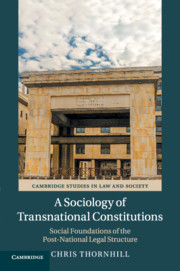
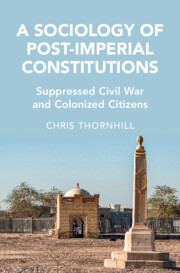
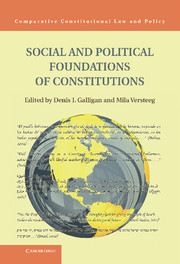
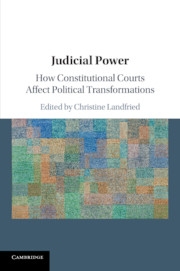

.jpg)
